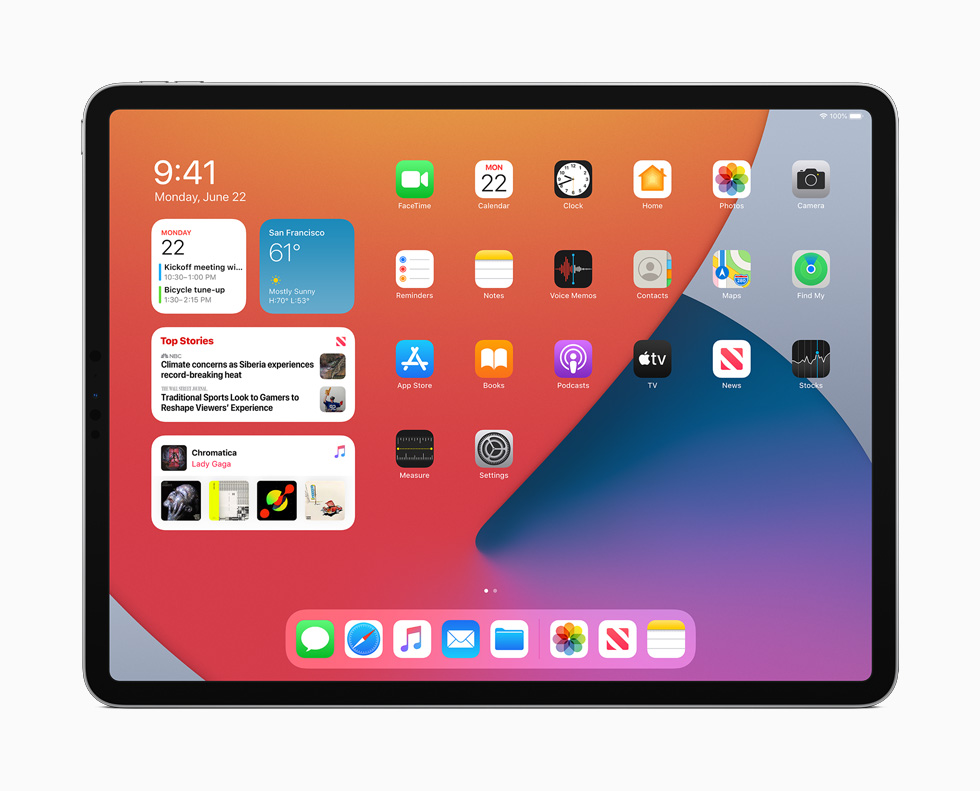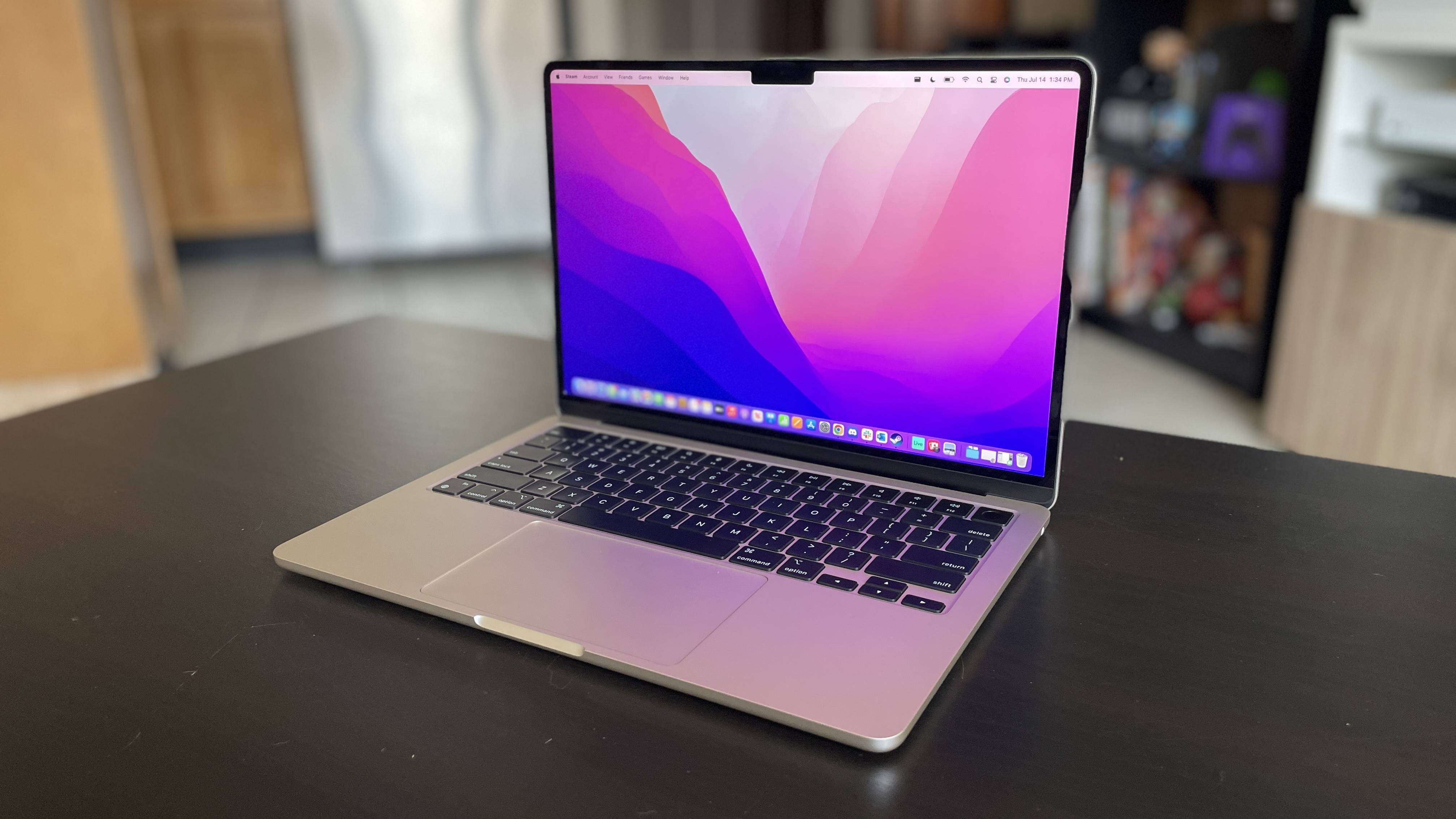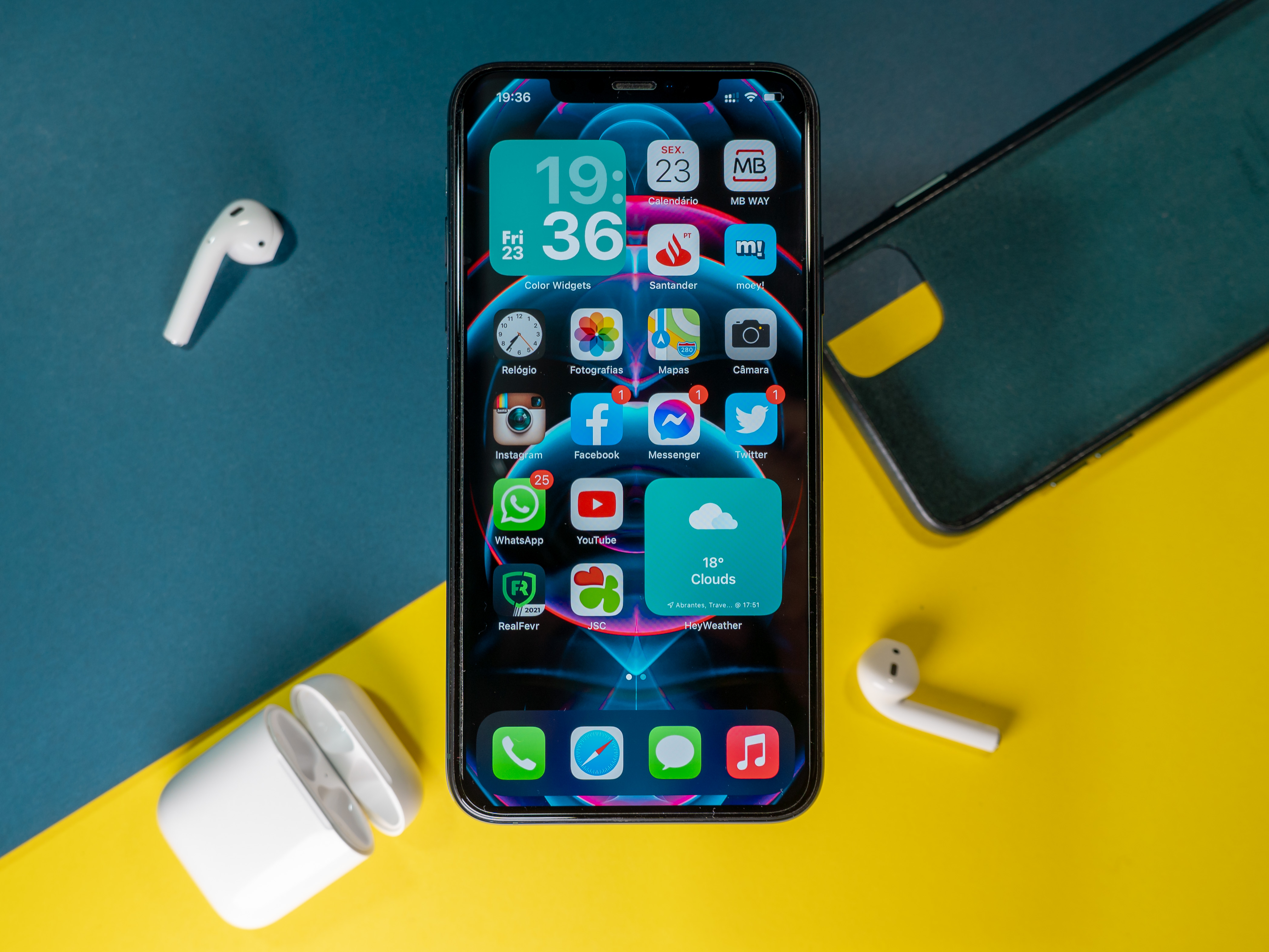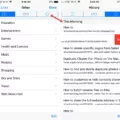Are you experiencing frequent Safari reloads on your iPad? If so, you’re not alone! Many iPad users have reported that their Safari browser tends to reload often, which can be a major inconvenience. Fortunately, there are a few steps you can take to help prevent this from happening.
The first thing you should do is clear the website data in Safari. This can help eliminate any errors that may be causing the reloading. To do this, go to Settings > Safari and tap Clear Website Data.
Another thing you can do is disable META REFRESH in your Internet Properties window. To do this, open the Start menu and type “Internet Options” into the search bar. Select Internet Options in the search results and then click “Custom tab -> Custom level” in the Internet Properties window. In the Security Settings window, scroll down until you find “Allow META REFRESH” and disable it. Click OK to save your changes.
Finally, make sure you close any open applications by double pressing the home button and swiping up and away all open applications. This will free up some memory so that your iPad won’t have to reload as often.
By following these steps, you should be able to reduce how often Safari reloads on your iPad. It may take some trial and error before you find a solution that works for you, but doesn’t give up! With a little bit of patience and perseverance, you should be able to enjoy browsing without interruption soon enough!

Troubleshooting Safari Page Reloads
It is possible that cached files are causing your webpage to reload on Safari. Cached files are stored in your browser and can cause errors if they become corrupted or outdated. To eliminate this as a possibility, try clearing the website data from your Safari browser. To do this, go to the Safari menu, select ‘Preferences’, and then click on the ‘Privacy’ tab. Then select ‘Manage Website Data’ and click ‘Remove All’. This should clear any cached files that may be causing your page to reload.
Safari Reloading Issues on iPad
Safari on the iPad can reload for a variety of reasons, however, most commonly it is due to a lack of memory. When the iPad runs out of memory, it will close and reload pages as needed in order to free up resources. To help prevent this from happening, you should close any open applications by double pressing the home button and swiping up and away all open applications. Additionally, if you find that Safari is consistently reloading on your iPad, you may need to free up some space on your device or upgrade your device to a newer model with more RAM.
Stopping Safari From Reloading Pages
In order to stop Safari from reloading pages, you will need to take the following steps:
1. Open Safari and click on the ‘Safari’ tab in the menu bar.
2. Select ‘Preferences’ from the drop-down menu.
3. Click on the ‘Advanced’ tab and check the box labeled ‘Show Develop menu in the menu bar.’
4. Click on ‘Develop’ in the menu bar and select ‘Empty Caches.’
5. Close Safari and reopen it to ensure that your changes have taken effect.
This should stop Safari from reloading pages each time you open a new web page or refresh an existing one. If this does not work, you may want to try clearing your browser’s cache and history, as this can sometimes cause unwanted reloads too.
Stopping Safari from Reloading Pages on iPad
To stop Safari from reloading pages on an iPad, it’s best to limit the number of open windows and tabs at any given time. Safari uses RAM to store pages in its cache, so having too many windows and tabs open can cause the RAM to become full. When this happens, Safari will only store a preview of the page, then reload it when you attempt to access it again. To prevent this from happening, close any windows or tabs that are no longer needed and try to limit the number of concurrent open windows to three or four. This should help reduce the occurrence of auto-refreshing pages in Safari.
Troubleshooting Constant Reloading on an iPad
To fix your iPad constantly reloading, you’ll want to start by checking that your internet connection is working properly. If your internet connection is good, then the next step would be to clear the history and website data from Safari. To do this, open your iPad’s Settings app and go to Safari. Scroll down and tap on Clear History & Website Data, then restart your iPad and try using Safari again. If the issue persists, then you can try resetting all settings on your iPad. To do this, open Settings > General > Reset > Reset All Settings. This will reset all of your settings without deleting any of your content or data. After that, restart your iPad and test out Safari again.
Conclusion
In conclusion, when Safari reloads it is usually due to low system resources or cached files. To eliminate the possibility of cached files, clear website data in Safari. To help prevent Safari from needing to reload due to system resources, you should consider upgrading your computer or switching to a more resource-efficient browser. Additionally, you can disable the “Allow META REFRESH” option in the Internet Properties window and make sure to close any open applications on your iPad by double pressing the home button and swiping up and away all open applications. With these steps, you should be able to get Safari running smoothly again.








